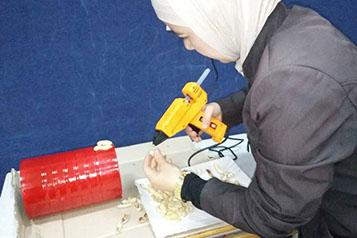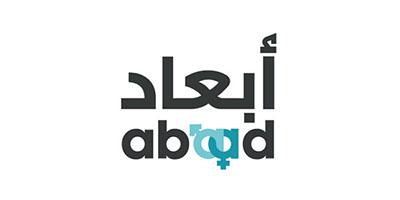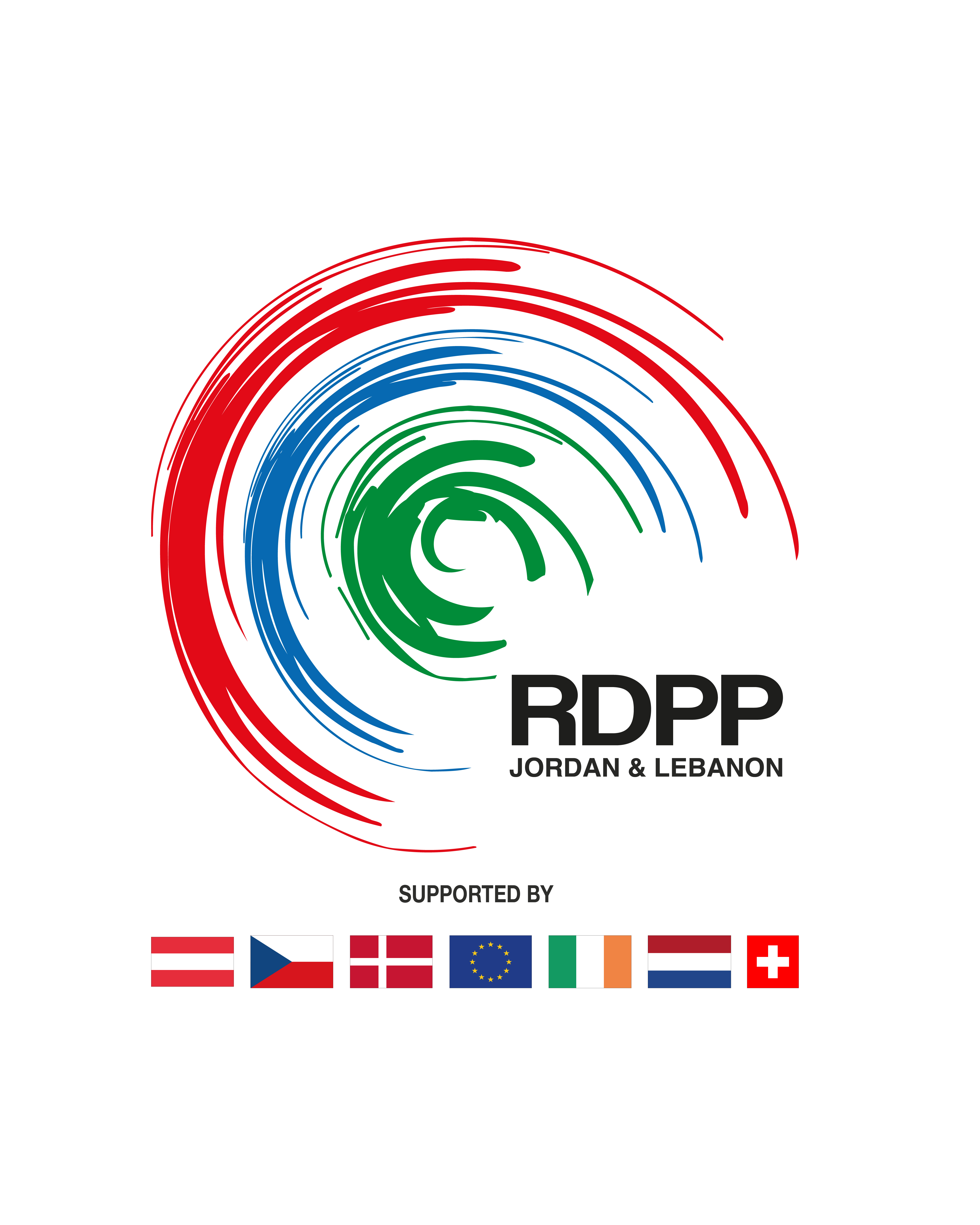
<
>
VOICE & Accountability For Syrian Women & Men Project (2015) / Lebanon
—
Breaking the wall of silence, prejudices, and fear among refugee communities in Lebanon cannot be achieved without tackling comprehensively their root-causes. The more the war in Syria is lasting, the more it becomes urgent to increase and enhance the existing structures that strengthen social cohesion in the country. In the wake of the Syria crisis, the influx of refugees has put a strain on already scarce public resources. According to UNHCR, up to 1.1 million refugees are registered in the country, 52.5% are women. The poorest regions of the country are housing the highest rates of refugee population, resulting in tensions between both communities, especially in regard to access to livelihood, exacerbating competitions between refugee populations and poor Lebanese over access to job opportunities. In order to provide refugee communities with efficient tools to defend their rights and feel empowered both socially and economically, ABAAD, in partnership With the European Regional Development and Protection Programme (RDPP) implemented in 2015 a project entitled “VOICE & Accountability for Syrian Women & Men” which aimed at empowering Syrian refugee women and men to become active agents in their communities through enhancing their preparedness to constructively engage in humanitarian and development processes. The project also aimed at providing a meaningful platform for interaction between refugee and host communities. With the support of the European Regional Development and Protection Programme (RDPP), the project team mobilized more than 20 Syrian and Lebanese community members in the North of Lebanon to take part in a three-month activity aiming to enhance economic and social participation of women. Under this activity, a technical expert supported in building their capacities and providing them with the skills needed to recycle and up-cycle disposable material into craftwork, jewellery, and household furniture. ABAAD then organized a three-day exhibition at the Ministry of Tourism Glass Hall. The proceeds from all sales went to support the women who worked hard to create them and their families. “I am really happy as I feel I am learning something and will then transmit it to someone else in the future says 28 year old Sabah, who took part in the recycling-up-cycling workshop. “I can spend time with my children and teach them what I have just learnt” she adds, with a beaming smile spreading over her face. “I found that this is the space where I can express my talent and show it to the world” says +22 year old Hiba who also took part in the workshop. The spaces allowing for Lebanese and Syrians to meet in a friendly and peaceful atmosphere aren’t many. The project hence enabled Lebanese and Syrian men, women and adolescents, to meet and start together to crack the wall of stereotypes. Questioning prejudices cannot of course be achieved overnight: prejudices die hard and in Lebanon, they are also linked to a complex history between both countries. Nonetheless, the initiative was widely appreciated by the participants. “I used to have prejudices or misconceptions turned against other people, other nationalities. Thanks to the discussions held, I managed to call them all into question” says 24 year old Lara. “Meeting together brought our souls closer” believes Nour. She also revealed that before the discussions, she used to think that the Lebanese were looking down at her and all Syrians in general. In Lebanon, the plight of refugees has contributed to critical gender dynamics’ changes, with paradoxical consequences. Due to legal obstacles and dearth of job opportunities, many men are compelled to stay at home. To compensate, many women are taking the lead and trying to provide for the family, often by looking for job opportunities in the informal sector. While some women feel empowered by their new responsibilities, many others don’t perceive these changes as positive: their gradual exposure outside the household has put them in many cases at higher risks of exploitation and violence. This is even more blatant when women are single, widowed or because their husbands were forcibly disappeared or detained. In other cases, when the husbands are living with them, they sometimes feel that their manhood - based on their traditional roles of protector and provider - is eroding. To compensate, some men resort to harmful practices, such as domestic violence. It is hard for refugee men and women to find safe spaces where to express themselves freely and directly, without fearing any sort of judgment. Too often, their voices are stolen, imperceptibles. They are either reduced to figures or to the state of victims, rather than active actors of their communities.
“There are women rights that are kept under covered, while they should be known by each and everyone” says 35 year old Fouad, one of the participants who attended a session in relation to gender – equality and engaging men in ending violence against women. The “Syrian voices and accountability” project effectively allowed for 115 Syrian refugees and Lebanese host communities members in the North, South and Beqaa Valley to speak out. By owning key knowledge and skills, not only do they become the owners of their personal destinies, but they also hold in their hands the future of their communities, and in the long-run, of their countries.

BACK TO ALL STORIES
